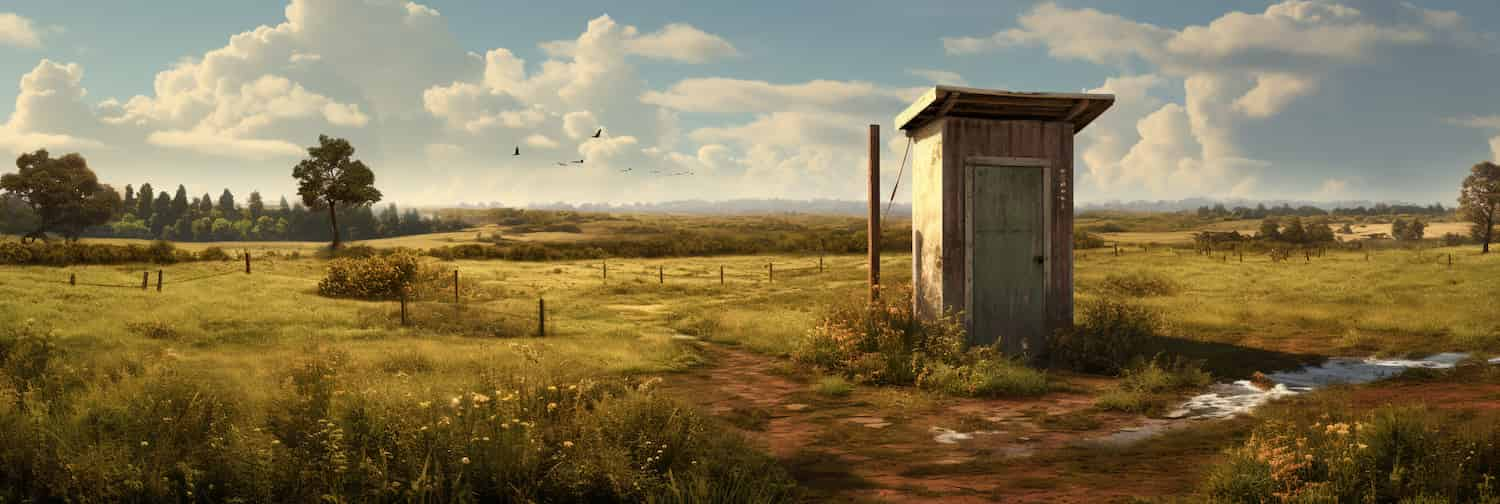The use of human excrement as plant fertiliser is gaining popularity as a cost-effective and environmentally-friendly alternative to synthetic fertilisers.
There is broad agreement about which 17 nutrients are essential for all plants that’s a rather sweeping generalisation), which are: C, H, O, P, K, N, S, Ca, Mg, and Cl, Fe, B, Mo, Zn, Cu, Mn, Ni. Apart from C - as CO2 - and O - as O2 - which plants acquire from the atmosphere, the great majority of their nutritional needs are met from what’s found in the soil.
One of the hazards therefore of being a soil-rooted plant is that those nutrients may be in insufficient supply in the immediate vicinity of the rhizosphere to satisfy the plant’s requirements for healthy growth.
Mindful of the much-repeated mantra to reuse, and/or recycle waste materials, coupled with an increase in prices of fertilisers as one of the global consequences of the Russian invasion of Ukraine, use of human excrement as an alternative plant fertiliser is back on the radar - at least in Japan.
It should be noted that there’s nothing new in the use of human excrement as plant fertiliser, it’s something that’s been employed for centuries with varying degrees of acceptability in different countries.
Although the focus of this item is human faeces, human urine is the more nutritious in terms of plant nutrients.


